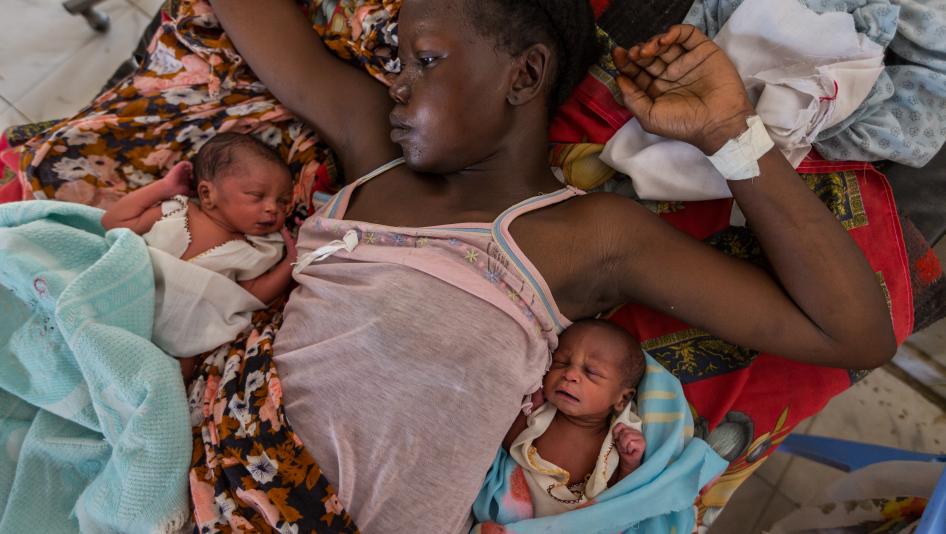
There has been a flurry of legal battles to end child marriages in the Southern African Development Community (SADC) region over the past few years. Successes have been scored on the legal front at both regional and national levels but equally so there have been some noticeable barriers in the fight against child marriages.
In 2016, the SADC Parliamentary Forum (SADC-PF) adopted a regional Model Law on Eradicating Child Marriage and Protecting Children Already in Marriage. The Model Law defines a Child Marriage as “a statutory or customary union in which one party is a child or both parties are children” and defines a child as any person under the age of 18, in line with international human rights law. It goes on to state that “no person under the age of 18 shall marry”.
Legislatures in the region have done their part to fight child marriages. There have been numerous debates in parliaments across Southern Africa about the impact of child marriages on children, families and communities, with legislatures calling for a ban on the practice. Whilst in some of the parliaments, these debates are ongoing, in others, laws have been or are in the process of being passed to fight the practice.
In 2015, the Malawi Parliament passed the Marriage, Divorce and Family Relations Act which outlawed Child Marriages and a 2017 constitutional amendment increased the minimum age of marriage from 15 to 18 for both girls and boys. Zimbabwe has a Marriage Bill in parliament, and the law seeks to comply with the 2013 constitution, the 2016 constitutional court decision and the SADC Model Law by legislating against child marriages. In 2019, the Mozambican Parliament passed the Law on Prevention and Combating of Premature Unions and revised the country’s Family Law to prohibit marriages of children under the age of 18.
Legislatures in the region have done their part to fight child marriages. There have been numerous debates in parliaments across Southern Africa about the impact of child marriages on children, families and communities, with legislatures calling for a ban on the practice. Whilst in some of the parliaments, these debates are ongoing, in others, laws have been or are in the process of being passed to fight the practice.
In 2015, the Malawi Parliament passed the Marriage, Divorce and Family Relations Act which outlawed Child Marriages and a 2017 constitutional amendment increased the minimum age of marriage from 15 to 18 for both girls and boys. Zimbabwe has a Marriage Bill in parliament, and the law seeks to comply with the 2013 constitution, the 2016 constitutional court decision and the SADC Model Law by legislating against child marriages. In 2019, the Mozambican Parliament passed the Law on Prevention and Combating of Premature Unions and revised the country’s Family Law to prohibit marriages of children under the age of 18.

